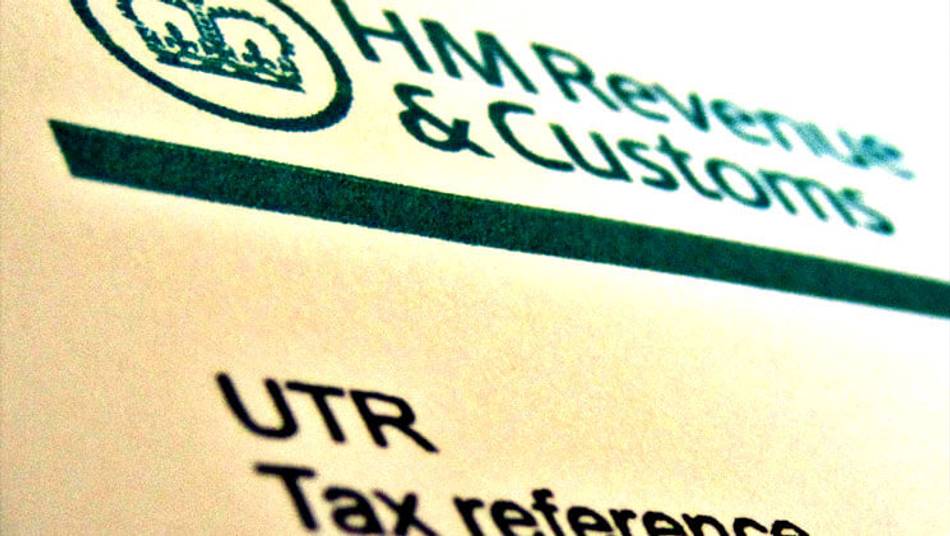As HMRC says, tax doesn’t have to be taxing. Here, in our small business guide to tax, we explain it in simple terms.
As HMRC says, “tax doesn’t have to be taxing”. It is a bit of an inconvenience though. Not only do you have to pay the government some of your hard-earned profits, but it’s also down to you to work out exactly how much you need to pay.
HMRC has worked hard to make the tax process simpler, but mistakes are easily made – and they often result in heavy penalties. To help avoid these, here are a few easy-to-use tips in our small business guide to tax.
Use the online service
A saviour to the stressed-out small businessman, the online service is easily the most useful improvement introduced to the taxation process this decade and possibly this century. We can’t promise that you’ll be able to throw your calculator away entirely, but it does cut the workload down because the amount you owe is worked out automatically.
The deadline for online returns is also later than paper returns, and HMRC can repay you any money you’re owed more quickly. It’s safe, secure, and you can keep an eye on the process without having to sit on the phone listening to hold music for hours.
You can find HMRC’s online services here.
Keep records of your income and outgoings
Keeping track of your finances becomes absolutely essential when you’re running a small business, so make sure you keep records of all your financial transactions. Don’t throw anything away.
Invoices, receipts, threatening letters demanding money (although hopefully there won’t be too many of these) – make sure they’re all nicely filed so you don’t have a big pile of papers to deal with when you get around to doing your taxes.
Be aware of tax breaks
SMEs are entitled to a wealth of tax breaks to help them save money. Take advantage of them and don’t pay more than you need to.
New businesses might be eligible for a reduction on their national insurance payments, for example. Other tax breaks for SMEs include business rate discounts, capital allowances on assets and the enterprise investment scheme.
Set up a tax fund
Don’t get caught short when it’s time to pay. Set up a tax fund and resist the temptation to dip into it. Remember that for every sale you make, some of your money will go straight to the government. Make it easier on yourself on tax day and make sure you can access the money when you need to.
Ask for help
If you’re in serious trouble and can’t hack the mathematics, get help. Tax professionals can save you an awful lot of time and money in the long run even if they aren’t free.
Having a bookkeeper can also be a great help. They can often be hired on a freelance basis to keep an eye on the financial side of things, which means you’ll only have to collect your paperwork and hand it over to them.





